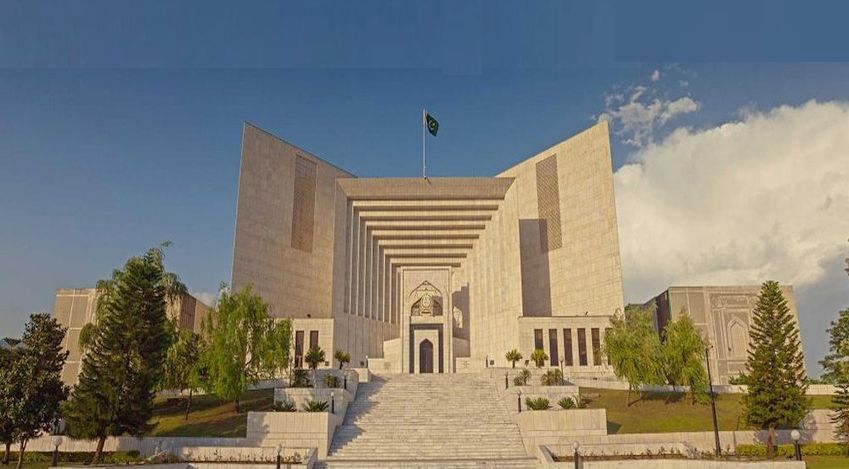The Limitation Period for filing a Petition for Leave to Appeal is computed from the Date the Judgment is announced, and not from the Date of Receiving the Certified Copy --- Supreme Court of Pakistan
Islamabad 07-10-2024: In a recent judgment, the Supreme Court of Pakistan dismissed an appeal filed by the Government of Punjab, represented through the Secretary of Primary and Secondary Healthcare Department, against the decision of the Punjab Service Tribunal. The appeal, filed under Article 212(3) of the Constitution, was dismissed on grounds of being time-barred.
The case, titled Government of Punjab vs. Dr. Muhammad Shahid Hussain, revolved around a service dispute in which the Punjab Service Tribunal had ruled in favor of the respondent, Dr. Muhammad Shahid Hussain. The Tribunal’s judgment, delivered on March 27, 2023, had allowed the respondent’s service appeal under Section 4 of the Punjab Service Tribunals Act, 1974. Dissatisfied with the Tribunal’s decision, the Government of Punjab sought to challenge the ruling before the Supreme Court.
During the proceedings, the Government’s counsel argued that the appeal was filed within the permissible time frame as the certified copy of the Tribunal’s judgment was received on July 19, 2023. However, the Supreme Court bench, comprising Mr. Justice Yahya Afridi, Mr. Justice Syed Hasan Azhar Rizvi, and Mr. Justice Shahid Waheed, rejected this contention. The Court held that the limitation period for filing a petition for leave to appeal is computed from the date the judgment is announced, and not from the date of receiving the certified copy.
The Court clarified that under Section 12 of the Limitation Act, 1908, only the time requisite for obtaining a certified copy of the judgment can be excluded when calculating the limitation period. The petition, filed 158 days after the announcement of the Tribunal’s judgment, was found to be outside the permissible time frame, as the limitation period had already expired by the time the Government applied for a certified copy of the judgment.
Further, the Supreme Court emphasized that the time taken by the Tribunal to dispatch a copy of the judgment cannot be considered while computing the limitation period, as this could lead to indefinite delays and affect the rights of civil servants. The Court stated that such delays could infringe upon the respondent’s right to a fair trial as guaranteed under Article 10-A of the Constitution.
The Government’s request for condonation of delay (CMA No. 3673 of 2023) was also rejected on the grounds of insufficient justification for the delay. Consequently, the main petition was dismissed due to being filed beyond the prescribed time limit.
Powered by Froala Editor








